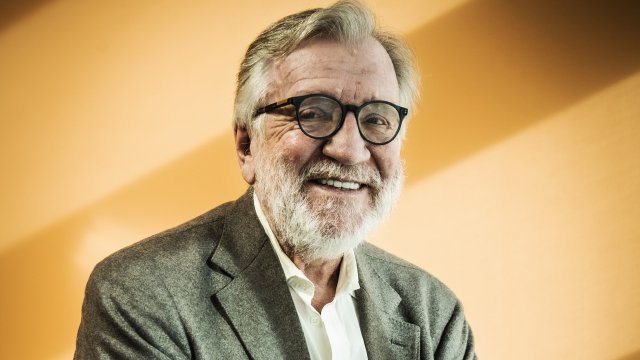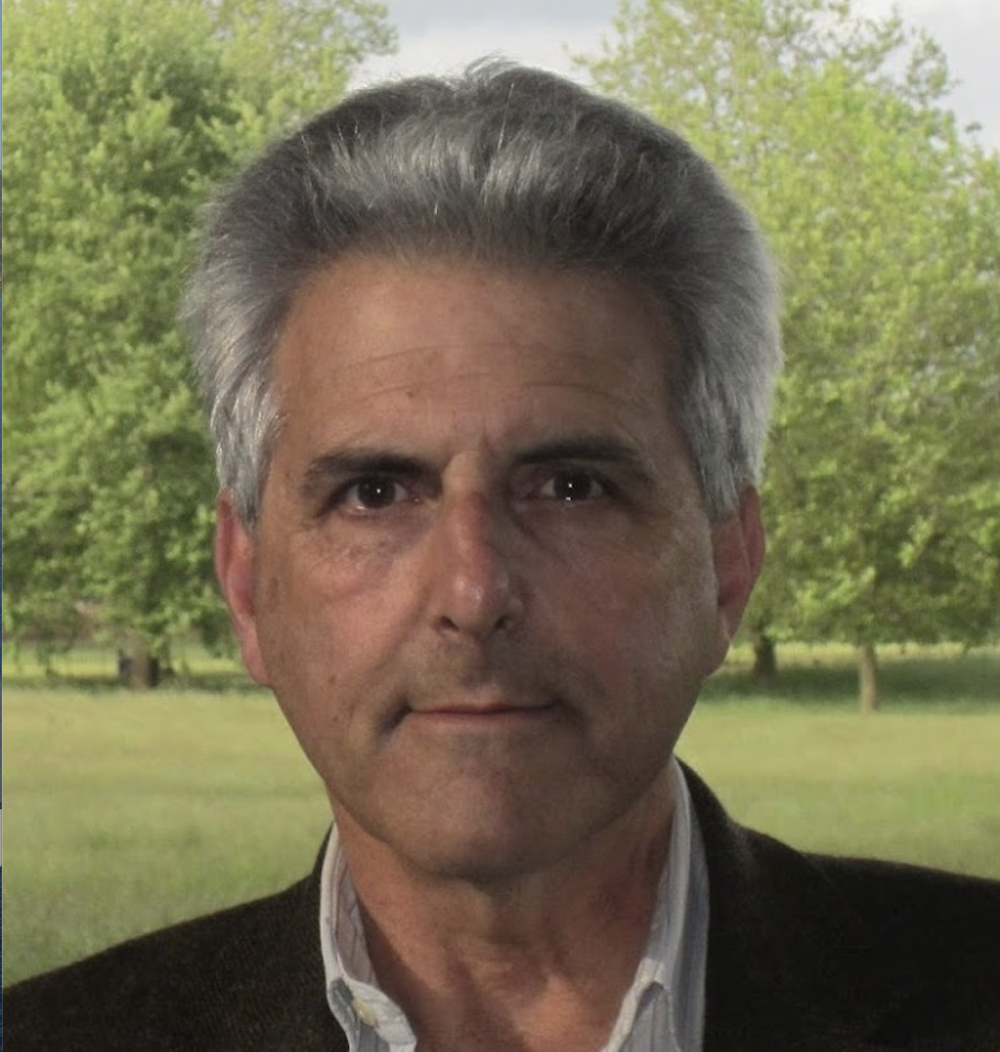
DENYSE CHAN – OCTOBER 27, 2023
Professor Roland is the E. Morris Cox Professor of Economics and Professor of Political Science at UC Berkeley. Professor Roland is one of the only specialists in the field of transition economics. His current research interests include culture and institutions. In March 2023, I had the opportunity to speak with Professor Roland over Zoom.
Chan: What are your research interests, and what are some of things you’re currently looking into?
Roland: I am interested in several things right now. First of all, I am helping to put forward plans for the reconstruction of Ukraine. This is more policy work, but it’s based on research such as what are the best institutions for Ukraine. I’m also interested in democracy and the history of democracy. This is something I’ve been looking at, especially the separation of powers. I’m also trying to do some work in political economics which is the interaction between politics and the economy. I want to understand the difference between empires, nation-states, and democracies, which are all different kinds of regimes.
Essentially, my big interests are related to institutions and culture.
Chan: What made you interested in jumping into economics, public policy and politics? What are some experiences that led you to this path?
Roland: When I was young, roughly 15 or 16, I was a Maoist. In school, a friend convinced me to become a Maoist. I was following along with all the Maoist slogans, etc. When Mao died, I realized that this was all wrong. I wanted to understand what the socialist economy was about in China and in the Soviet Union which was why I did my PhD on the Soviet economic system. Since the system was already doing badly, I was trying to understand the transition from central planning to market economy. This was how I became one of the only specialists in that area and also why I was recruited at Berkeley.
After looking at transition economics, I realized to have a wealth-functioning market economy, you need to have good institutions. This led me to think about institutions. Interestingly, when September 11th happened, I realized we were in a whole new world, and it was no longer about transition. Some people claimed 9/11 occurred because of poverty, believing that without poverty in the world, there wouldn’t be terrorist attacks. I thought that that was very naive, and so I started thinking about culture. I compared the two biggest kinds of cultures in the world in terms of their impact on the economy, which is individualist versus collectivist culture.
Also, since I’ve always had an interest in former communist countries, I was asked to think about how to do a transition in North Korea. When Ukraine wanted to become a democracy, I thought about how to help Ukraine become a democracy and now, how to help them reconstruct. I’m obviously not a military expert, so I can’t help on military matters, but I can help on economic and political aspects.
Chan: What were some of the key takeaways from China’s transition?
Roland: I thought that there would be lessons for Eastern Europe, so when Eastern Europe started to transition, I advocated following the Chinese model. China was a model of experimentation and gradualism and was very successful economically. But, people like Jeffrey Sachs at the time said no, you have to do everything all at once. It has to be a big bang. This caused controversies on how to do it. Frankly, the Chinese gradualist path, because it was based on experimentation, worked much better than what we saw in Eastern European countries.
I am most fascinated by what they did in China in the 1980s. I thought the reforms starting in 1978 until the 1980s were most original, innovative. For example, the household responsibility system, the dual track system, the special economic zones. All of that I found fascinating, so I studied that. Interestingly, I thought that after reforming its economy, China would reform its political system.
Some people asked me how China could democratize. I had ideas for this, but when Xi Jinping came to power, I gave it all up. Xi Jinping simply wants to strengthen the repressive power of the Communist Party. That made me very sad in a way, but that’s the reality.
Chan: I understand you’ve done a lot of work on institutions and strongly believe in the importance of institutions. How do you think such a perspective influences your analysis of the challenges facing Ukraine and how they should recover?
Roland: Two things I would like to say.
One is that corruption has been a terrible problem in Ukraine. People have been using their positions in the state apparatus to steal money. Ukraine has already been trying to reform its institution. For example, they have digitalized public procurement, which is very advanced. Most countries don’t have that.
The second thing is that to have a rule of law, you need a well-functioning judiciary. Ukraine’s judiciary has been inherited from the Soviet Union. Judges are used like it was in the Soviet Union or like it is today in China, to take orders from political bosses and not to follow the law. So, the whole of Ukraine’s judicial apparatus needs to be changed. Now, this is very challenging because the judicial apparatus, it’s a bit like the heart of the economic system. If your heart doesn’t function, you can’t resolve conflict, etc. I think this should take priority in the reconstruction. They have to change the judicial apparatus from above because if the people above are corrupt, the people below who are not corrupt cannot work. You need to have the highest judicial authorities to be non-corrupt to be competent.
One way of doing that is to ask foreign experts to help in the designation of the new judges. Foreign experts, without any stakes and who cannot be corrupted, can properly filter out judges that would be corrupt.
Overall, all these are gonna take a lot of time, but Ukraine has to do it. All these are very important.
Chan: Earlier, you discussed how institutions and culture are both things you are really interested in. How do you think these two concepts interact with one another?
Roland: There is a misconception that culture doesn’t change. Instead, culture simply moves very slowly. For example, Turkey is an Islamic country. It is not possible to make Turkey a non-Islamic country in one generation.
People have their values, and they have to keep to them. In China, for example, people have deeply embedded Confucianist values. This goes back centuries. You can’t change that. You have to work with it. In terms of policy then, I am against the idea that we should encourage cultural change.
Anytime in history, when cultural change was advocated, such as with Mao during the cultural revolution, there was disaster. I think every culture has its own culture and it should be a given that it evolves. While things do change, it’s a very spontaneous process. For example, in the case of democracy, it’s less easy to establish democracy if the culture is not one that promotes democracy or is one that is congruent with democracy.
Culture is more of a stochastic process. In some cases, culture is an impediment to democracy. In some cases, not so much, but on average, maybe it is.
So, when culture changes, that also encourages new institutions.
Chan: You’ve accomplished a lot in your various fields of work. Do you have any advice for students looking to delve into similar fields?
Roland: Be curious. Follow your intellectual curiosity. Be free in your mind. Be proud of yourself and proud of your freedom. Be inquisitive. Try to learn all the time. Be humble, but curious at the same time.
Never accept the arguments of authorities. Never let yourself be bullied or intimidated, and think by yourself.
Featured Image: Berkeley Economics
Disclaimer: The views published in this journal are those of the individual authors or speakers and do not necessarily reflect the position or policy of Berkeley Economic Review staff, the Undergraduate Economics Association, the UC Berkeley Economics Department and faculty, or the University of California, Berkeley in general.



